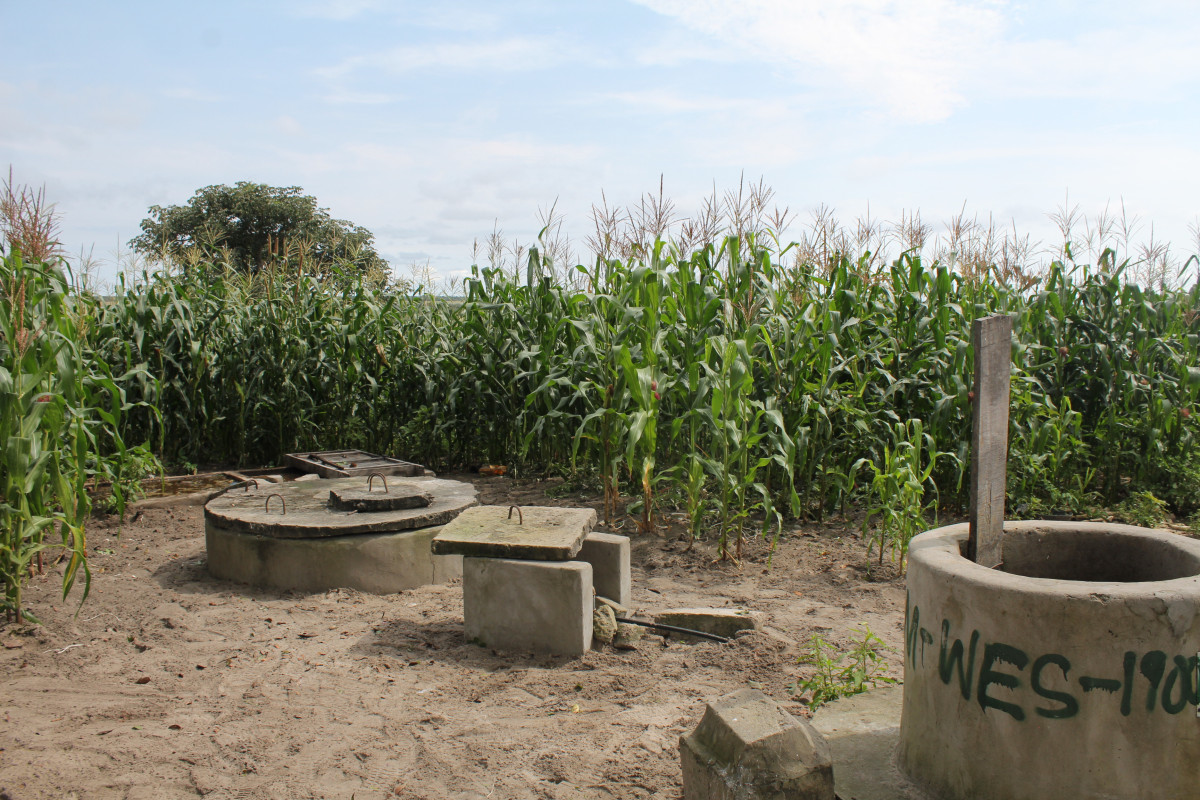Affordable Energy, Flourishing Gardens, And Increased Crop Yields Through the Use of Biodigesters in Western Province, Zambia
Published: Oct 24, 2022 Reading time: 2 minutes Share: Share an articleZambia’s rural population is faced with an inadequate energy supply, with only 4.4 per cent having access to electricity for lighting and cooking. This lack of electricity results in heavy reliance on harmful and unsustainable energy sources such as cutting down trees. Furthermore, the responsibility to collect energy resources mainly falls on women and girls, who then cannot adequately allocate time to important self-realisation activities such as education.

To address these challenges, we introduced the use of biofuel in the form of biogas as a pilot project in 2018 in Western Province, Zambia.
Following the successful completion of the project in 2019, we have yet again introduced a new project cycle to contribute to climate resilience and food security for smallholder farmers.
The current project aims to continue raising awareness of the benefits of biogas while helping to build on from the initial 20 plants to 130 plants, for residents of Mongu, Kalabo, and Nalolo district of the Western Province.
Throughout the period of the project (2021-2024), the vast majority of the population in Western Province will benefit from the newly developed market for biogas technology as well as increased awareness of the biogas technology and its benefits.
Community members living close to project beneficiaries will also benefit from the availability of additional organic fertiliser (bio-slurry), which is a by-product of the biodigesters and can be used to improve crop yields and reduce food insecurity.
The project also intends to reduce the widespread practice of cutting down trees for cooking, resulting in widespread deforestation. We aim to achieve this by advocating for the use of alternative biogas energy.
Special thanks to the Czech Republic Development Cooperation (Czech Aid) for their support on this project.


